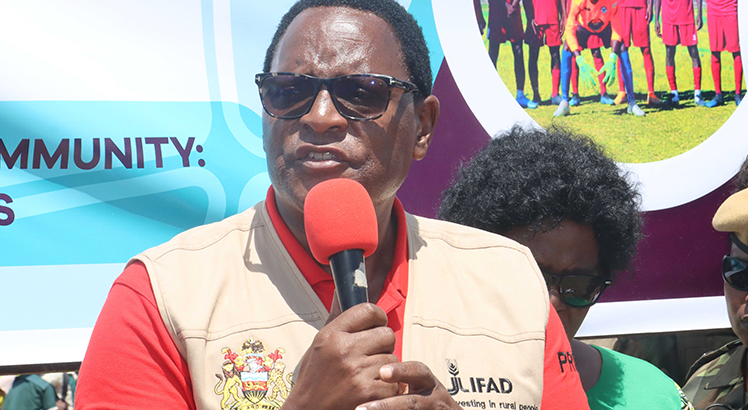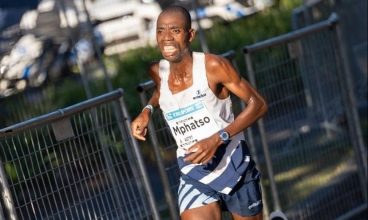Local boxers get raw deals
Professional boxers spend years training as they work their way up into high paying ranks. While this is reality elsewhere, here it remains a dream to local boxers.
The recent evidence of poor earnings for Malawi boxers is African Boxing Union (ABU) champion Anisha Bashiri who got $1 000 (K750 000) as match prize.
Another example is Ruth Chisale, who received a meagre $1 000 (K750 000) in her World Boxing Council (WBC) elimination fight against Zambian Loreta Muzeya.
For the same elimination fight in Europe and Asia, boxers earn not less than $10 000.

The highest pay earned by a boxer is $2 000 (about K1.5 million) which which Chisale received for a non-title fight that took place in Kosovo last year.
This is in contrast to same fights organised in the UK, Europe, Asia or the US where the minimum is $22 000.
This discrepancy is not limited to boxers alone but has trickled down to boxing officials who in Malawi continue to get a raw deal.
In other Sadc countries such as Zambia, Namibia, Zimbabwe or South Africa, a judge gets not less than $250 (about K200 000), referees ($300) and match commissioners $400 (K350 000).
In Malawi the rates for a referee and a judge is K10 000 each whereas the match commissioner gets K15 000.
Malawi Professional Boxing Control Board (MPBCB) president Lonzoe Zimba confirmed the figures.
“Promoters in Asia, Europe the UK and even Zambia and South Africa are into partnerships with the corporate world. Promoters enter into segmented sportsmanship deals with several companies and that is why the purse is big. This is because of good marketing and advertising skills,” he said.
Last year the highest earner in a non-title fight was Mussa Ajibu who got $3 000 for his fight in Russia.
For a title fight, it was Crispin Moliati, who fought on a World Boxing Council (WBC) Africa lightweight title in Windhoek, Namibia last year where he got $3 500.
In contrast, such fights in Europe and Asia earn boxers not less that $100 000.
“The economy is much better in those countries and boxing is big business. I believe Malawi has potential, too, if you look at the huge patronage during boxing tournaments. The secret is just to convince the corporate world on how they can benefit from sponsoring boxing. But that is the responsibility of boxing promoters,” said Zimba.
He mentioned Gunde Boxing Promotions management of a non title fight between Chimwemwe Chiotcha and Simeon Tcheta as an example of good direction.
“The promoters managed to have corporate support from various companies who in turn took responsibility of all expenses. That is the way to go and my advice is for promoters to learn basics of boxing promotion so as to convince companies and earn their trust,” said Zimba.
In an interview, Chisale said she is aware of the contrast in match prizes among countries, but believes with global success that will be solved.
“The thing is because of poverty, boxers just accept anything and have no strength to negotiate a better deal and promoters exploit that. As for me all I am working on is to better myself and break on the international stage and the rest will sort it out. When promoters get to recognise your talent that is good marketing in itself. But, yes sometimes we get demoralised with low perks. It is hard and very involving to prepare for a boxing match. You have to train every day and your diet has to be good too,” she said.
Malawi Defence Force Boxer Chrispin Moliati said the low perks are a result of promoters relying on gate takings to pay boxers.
“Because as a boxer you want to be visible and raise your profile; you sometimes accept to fight even when the pay is on the lower side. It is a tough world but for the love of the sport we endure hoping for a breakthrough,” said Moliati. n





